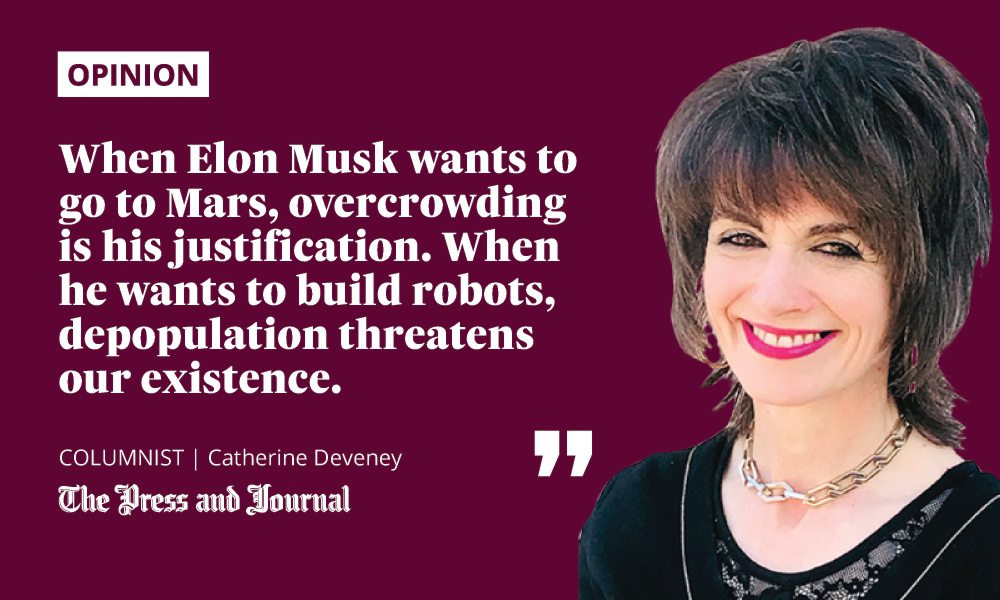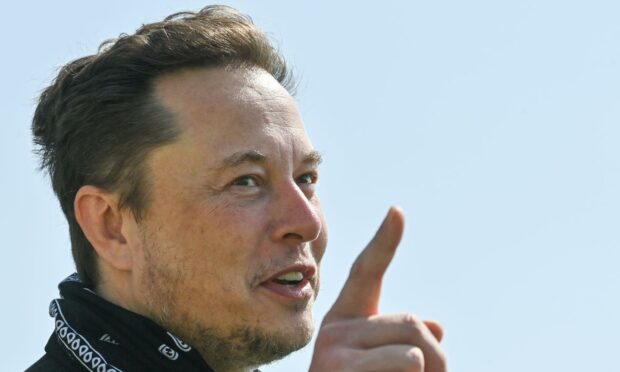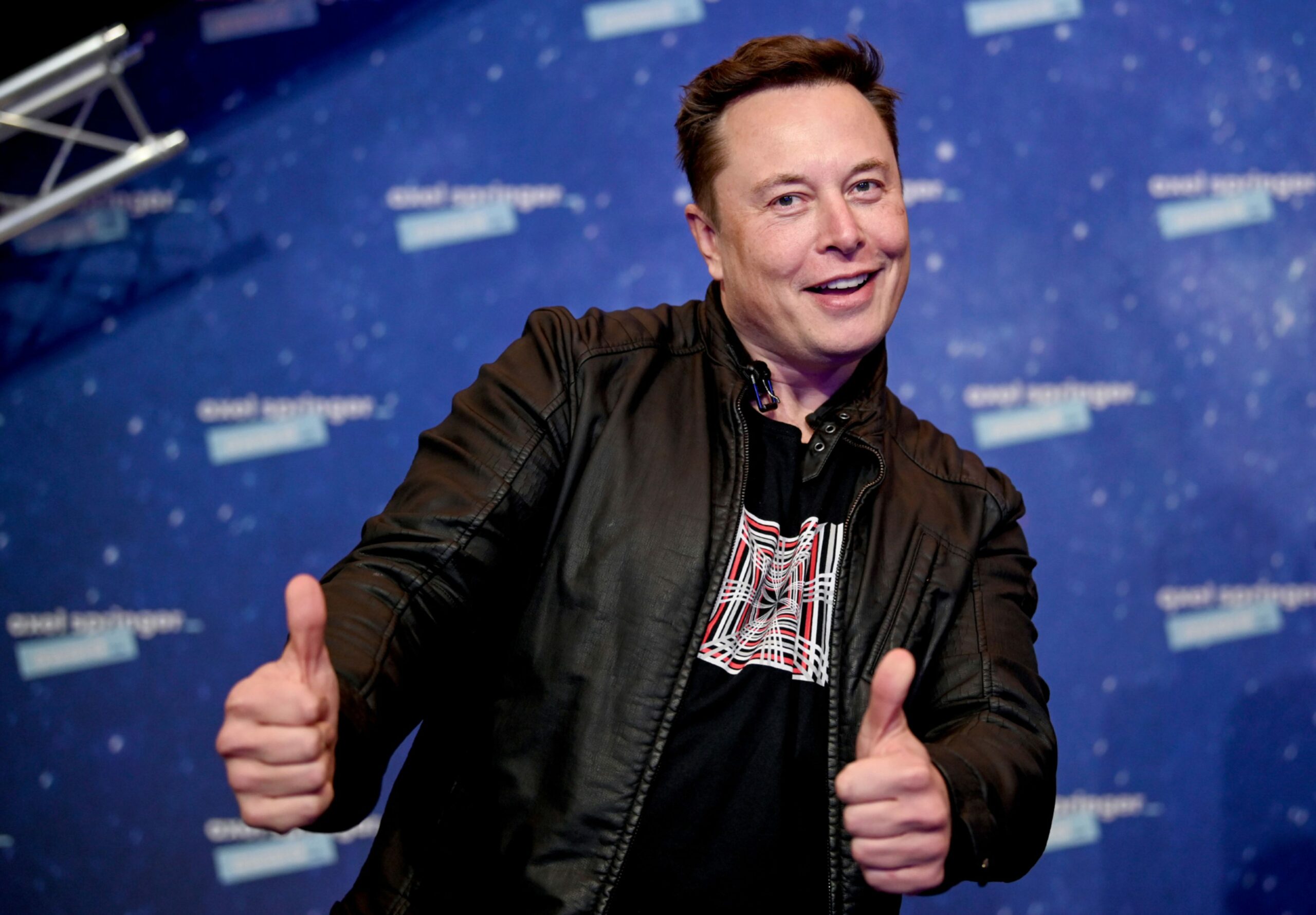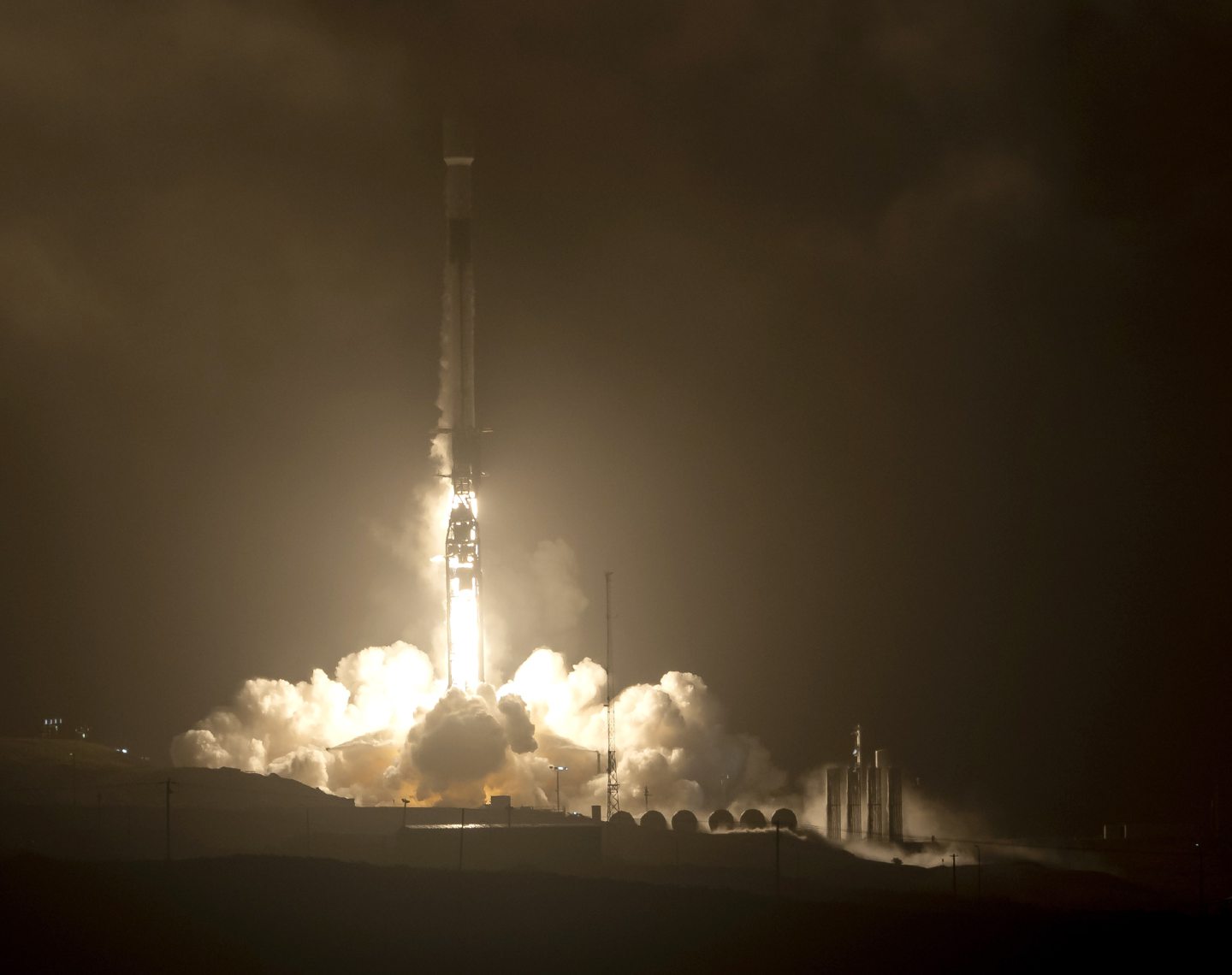I vote for Christmas. This is because I am not a turkey.
I like fairy lights and sparkly stuff, fancy chocolates, holly wreaths, sentimental festive tunes in steaming coffee shops, and the fact that the world temporarily becomes a slightly kinder place – except to turkeys – so my tick goes firmly in the Christmas box. I get presents, too. That’s vested interest for you.

Enter Elon Musk, master of me-first, vested interest. The CEO of the American electric car giant, Tesla, and founder of SpaceX, the aerospace manufacturer, has just been made Time magazine’s person of the year.
For what? His tax avoidance? His opposition to unions? Causing a Covid spike by insisting his employees work at the height of the pandemic? That self-indulgent space race with Bezos and Branson? Or last week’s ramblings on population?
Elon Musk (@elonmusk) is TIME's 2021 Person of the Year #TIMEPOY https://t.co/8Y5BhIldNs pic.twitter.com/B6h6rndjIh
— TIME (@TIME) December 13, 2021
Previously keen on populating Mars, Musk has decided that populating earth is more urgent. “If people don’t have more children, civilization is going to crumble,” he warns.
He is leading by example, given that he has five sons with ex-wife, Justine Wilson, and one with a former partner, Canadian musician, Grimes. “Babies are super cool,” Musk opined. “People need to have more babies.” And that, sir, is because you are not the turkey. You are the Bernard Matthews.
Are babies as ‘super cool’ as reproductive rights?
Good luck with persuading the human turkeys that factory breeding is a public-spirited act of altruism. Health and education programmes around the world have helped women lead different lives, ones in which they don’t spend most of their reproductive years pressing out super cool babies.
Not that progress has reached Musk-land. His ex-wife, who claimed she ended up a “trophy wife”, urged to dye her hair ever-blonder, reports that, as they danced at their wedding, the groom told her: “I am the alpha in this relationship”. Now there’s a comment guaranteed to lower the birth rate.
The UN highlights the economic growth potential for countries where birth rates have fallen – and also the potential increase in quality of life. “Sexual and reproductive health and rights,” their 2019 world population report points out, “make an enormous difference in the health and lives of all people, especially women, by dramatically reducing maternal and infant mortality rates, helping to prevent the spread of communicable diseases such as HIV, and empowering women to live more self-determined lives.”
So, Musk’s comments on population strike an odd note. It’s true that America’s birth rate fell by 4% in 2020. (Hardly enough to depopulate planet earth. Ask David Attenborough, whose comments on population and climate make clear where the real danger lies.) But UN figures suggest the world population will grow by two billion in the coming decades, and half of that increase will come from just nine countries – one of which is the US.
The ultimate opportunist
What, then, lies behind Musk’s comments? Could it be the Tesla bot – a robot that he once described as a “generalised substitute for human labour over time”? If the population declines, it justifies employing robots to do the jobs of people. Keep women on the baby production line, robots on the car production line, and the alpha males coining it in. No wonder Justine Wilson said Musk felt that the status quo worked well for him, so it should suit her, too.
Like many wealthy men, Musk thinks running a business qualifies him for running the world
Musk’s robot was developed using artificial intelligence. He may be bleating about depopulation now but guess what he said was the “biggest existential threat” to the human race back in October 2014? Correct, caller. Artificial intelligence.
“With artificial intelligence, we are summoning the demon. In all those stories where there’s the guy with the pentagram and the holy water, it’s like – yeah, he’s sure he can control the demon. Doesn’t work out,” said Musk, urging caution.
“I’m increasingly inclined to think that there should be some regulatory oversight, maybe at the national and international level, just to make sure that we don’t do something very foolish.”
Musk is the ultimate opportunist. When he wants to go to Mars, overcrowding is his justification. When he wants to build robots, depopulation threatens our existence.
He also defends his wealth by suggesting donations to the world food programme would be a waste of time. And, like many wealthy men, he thinks running a business qualifies him for running the world. (Oh God, I sense a Trump-like presidential campaign coming on.) A world which, incidentally, he doesn’t want bogged down by old folk.
“If people live too long,” the 50-year-old warns, “then we might become a very ossified society where new ideas cannot succeed.” We shouldn’t, therefore, “try to live for a super long time.” OK, Bernard Matthews. You first.
Catherine Deveney is an award-winning investigative journalist, novelist and television presenter


